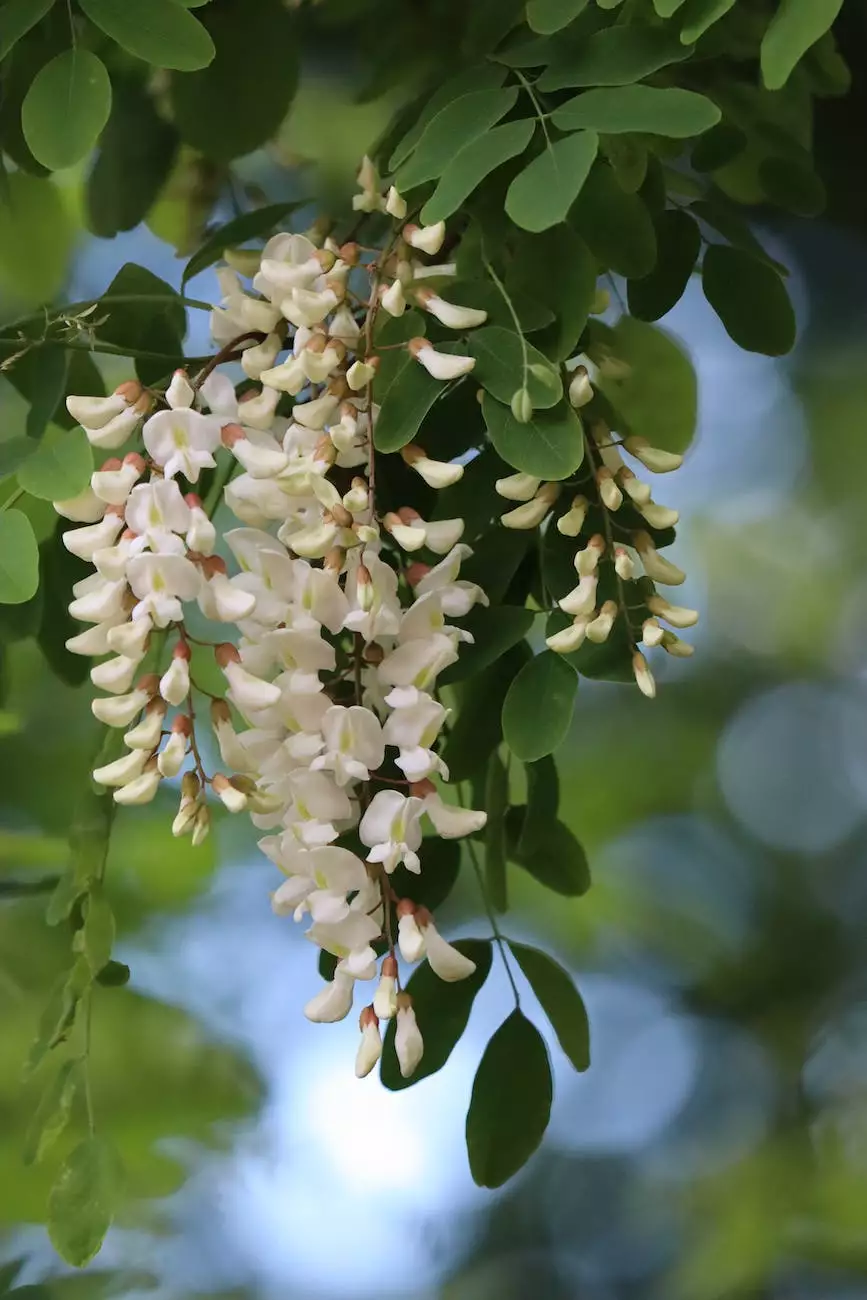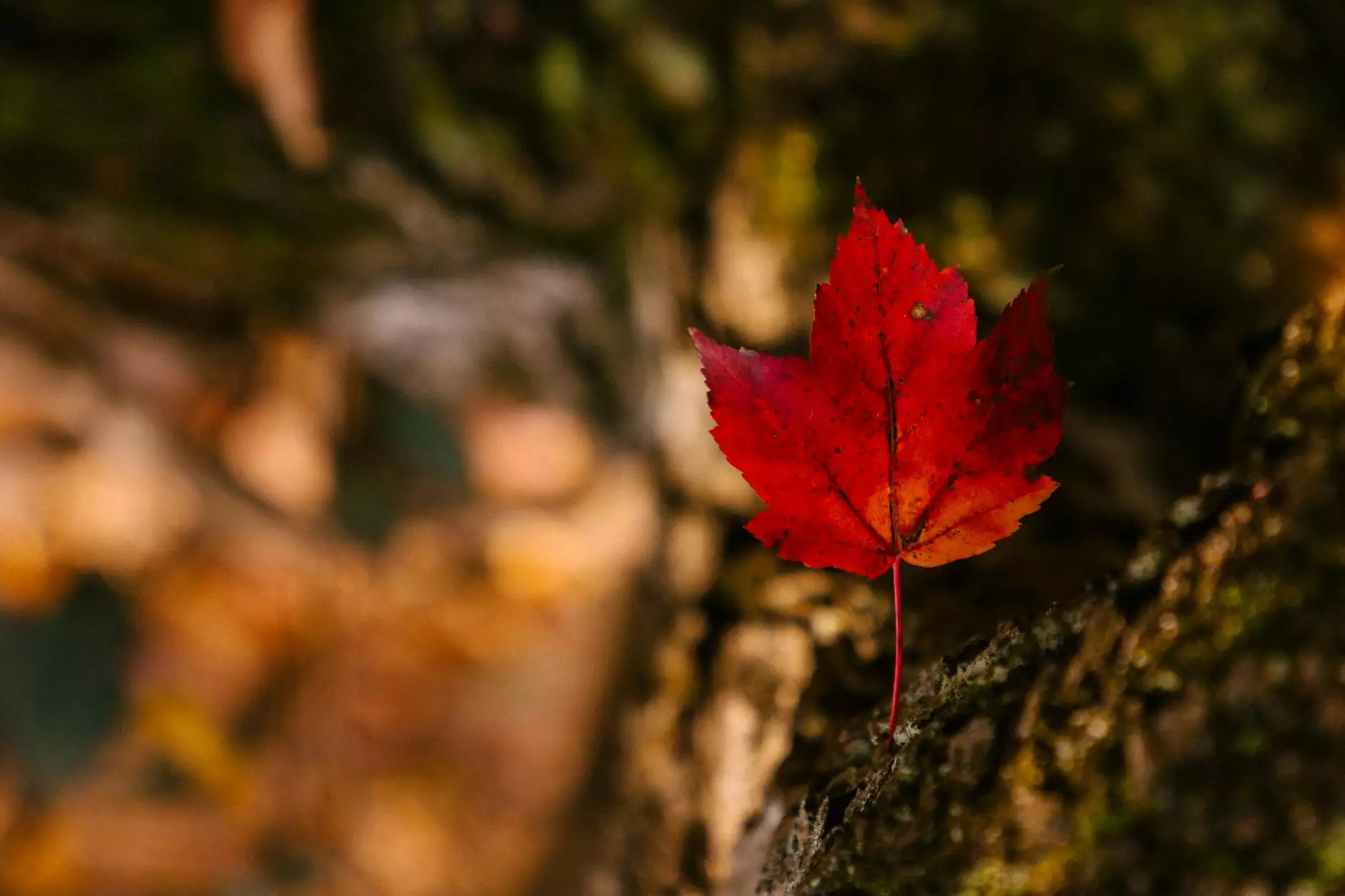Welcome to Cutting Hedge Services - Fighting Japanese Beetles

Introduction
Japanese beetles can be a nuisance and a threat to your garden and landscape. If you're dealing with these invasive pests, Cutting Hedge Services is here to help. With our expertise in design and build, we offer effective solutions to combat Japanese beetles and protect your plants. Our team understands the importance of maintaining a beautiful and healthy outdoor space, which is why we are dedicated to providing comprehensive services to control and manage Japanese beetles.
The Japanese Beetle Problem
Japanese beetles (Popillia japonica) are destructive insects that can cause significant damage to a wide variety of plants including trees, shrubs, flowers, and grass. Originating from Japan, they were accidentally introduced to the United States in the early 1900s and have since become a widespread pest across the country.
Identifying Japanese Beetles
Japanese beetles are approximately half an inch long with metallic green bodies and copper-brown wing covers. They are easily distinguishable by their unique coloring and the presence of white tufts of hair along their sides. The adult beetles feed on plant foliage, devouring leaves and flowers, leaving behind skeletonized plants. If left unchecked, Japanese beetles can quickly decimate your garden and landscape.
Life Cycle of Japanese Beetles
Understanding the life cycle of Japanese beetles is crucial in developing effective control strategies. These invasive pests undergo a complete metamorphosis, consisting of four distinct stages:
- Egg Stage: Adult beetles lay eggs in the soil during summer. These eggs hatch into larvae known as grubs.
- Larva Stage: The white, C-shaped grubs feed on grassroots, causing damage to lawns and gardens.
- Pupa Stage: The larvae pupate in the soil, transforming into adult beetles during late spring or early summer.
- Adult Stage: The adult beetles emerge from the soil and begin feeding on plants, continuing their life cycle.
Effective Techniques for Fighting Japanese Beetles
1. Removing Japanese Beetles by Hand
One method of managing Japanese beetles is by physically removing them from affected plants. This technique is most effective early in the morning when the beetles are sluggish. Gently shake the affected plant over a bucket of soapy water to dislodge and drown the beetles. Be sure to wear gloves to protect your hands while hand-picking the beetles.
2. Organic Sprays and Insecticides
If you're dealing with a larger infestation, organic sprays and insecticides can be used to control Japanese beetles. Look for products containing ingredients such as neem oil, pyrethrins, or spinosad, which are effective in repelling or killing these pests. It's important to follow the instructions on the label and apply the spray during the recommended times for maximum efficacy and minimal environmental impact.
3. Attracting Natural Predators
Encouraging natural predators of Japanese beetles, such as birds, toads, and beneficial insects like ground beetles and parasitic wasps, can help keep their populations under control. Create a diverse and welcoming habitat by providing food, water, and shelter for these beneficial creatures. Additionally, avoid using broad-spectrum insecticides that may harm these helpful allies.
4. Companion Planting
Strategic companion planting is another method to deter Japanese beetles from attacking your plants. Certain plants, such as marigolds, catnip, garlic, and chives, have natural repellent properties that can help keep Japanese beetles at bay. Consider incorporating these plants into your garden as a natural defense against these pests.
5. Applying Milky Spore Disease
Milky spore disease (Bacillus popilliae) is a natural soil-borne bacterium that specifically targets and kills Japanese beetle grubs. Applying milky spore powder to your lawn and garden can help reduce the population of these destructive pests over time. It is important to note that milky spore disease takes time to establish, but once established, it can provide long-term control.
6. Professional Pest Control Services
If Japanese beetles are causing significant damage and other control methods haven't yielded satisfactory results, it's advisable to seek professional pest control services. Cutting Hedge Services offers comprehensive pest control solutions tailored to your specific needs. Our team of experts understands the biology and behavior of Japanese beetles, enabling us to devise effective and sustainable strategies to combat these pests.
Conclusion
Don't let Japanese beetles wreak havoc on your beautiful garden and landscape. With our expertise at Cutting Hedge Services, you can effectively fight Japanese beetles and protect your plants. Our comprehensive techniques, including manual removal, organic sprays, attracting natural predators, companion planting, applying milky spore disease, and professional pest control services, provide you with a range of options to choose from when combating these destructive pests. Contact us today to learn more about how we can help you maintain a beetle-free outdoor space.




